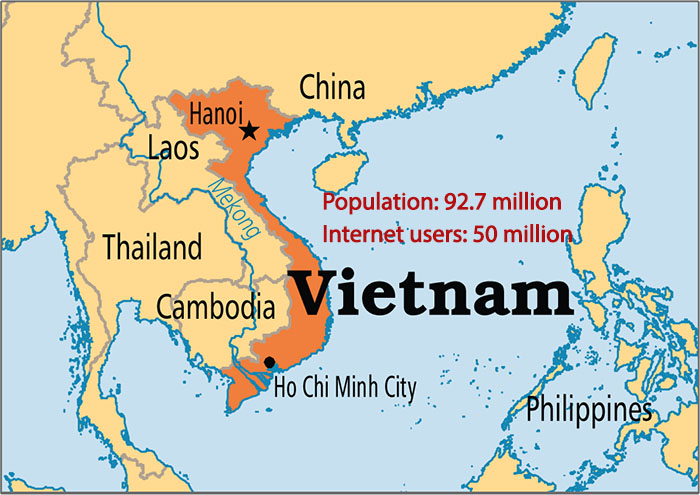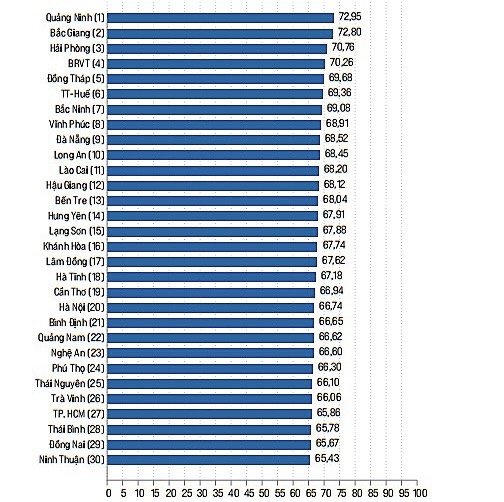Vietnam has been very successful in the software outsourcing field over the past decade that many countries regard it as an Asian outsourcing hub.
Ngo Van Toan, vice chairman of the Viet Nam Information Technology Outsourcing Alliance (VNITO Alliance) and vice president of Global CyberSoft (Vietnam) JSC, talks about this topic.
How does Vietnam’s information technology sector compare with other countries’?
In the assessment of the world’s leading research and advisory company Gartner and other prestigious organisations that rank software outsourcing services, Vietnam has been one of the most attractive destinations for information technology in the world in the last five years.
We have a relatively good position. In the field of business process outsourcing (BPO) and IT outsourcing (ITO), we are among the leading outsourcing destinations in the world.
We are also one of the leading countries in providing IT services to the world. These are objective assessments by foreign organisations.
From being an Asian software development hub, Vietnam now seeks to become a centre for software development and innovation in Southeast Asia. What do you think about this? Can Vietnam become a regional ‘innovation hub’?
We can absolutely make it because some start-ups and other companies have implemented projects with high levels of new technology.
However, to become an innovation hub and increase the rate and number of companies that can participate in new technology projects depends on the way we train our human resources.
Vietnam’s exports of IT services have increased significantly in recent years. Looking ahead, how do see the export potential?
The export potential is huge. Currently, we export to a few dozen countries, but Japan, North America and Europe are still the biggest markets.
Key markets such as North America, the EU and Japan have a very high demand for IT services that we do not have sufficient resources and personnel to accept and implement projects from these countries.
How to have capable human resources to enable us to grab this valuable opportunity is among the challenges faced by Vietnam currently.
The fourth industrial revolution has had a significant impact on Vietnamese businesses in many sectors. What difficulties do IT firms face from the rapid growth of technology during the industry 4.0 era?
Fortunately, Vietnamese are very receptive to and capable in new technological fields. In fact, Vietnamese enterprises are now able to implement projects using the latest technologies such as big data, artificial intelligence, and the internet of things.
Vietnamese engineers can now carry out onsite projects for customers all over the world. This means we are really strong in the new technology field.
What should the IT sector do to add value?
I think there are many issues we need to focus on. But there are two main things we need to prioritise. Firstly, we need to focus on improving human resource so that we can execute international projects.
Secondly, we must continue to enhance innovation in the services we provide and raise the level of our services to add more value to our products and services.
Vietnam has strength in it because as I said above, in the field of new technologies our engineers are fully receptive and can undertake new technology projects.
How do you assess the human resources in the sector?
Enterprises in the sector face a shortage of human resources in terms of both quality and quantity.
There is still a gap between training and practice. Therefore, enterprises are working with universities to narrow this gap.
Do you think the escalation in the US-China trade war will bring opportunities to the IT sector?
There are many points of views. Opportunities for this innovation industry are already plenty, even without the US-China trade war. The most important thing is if we are ready to grab the opportunities.
(VNS)


